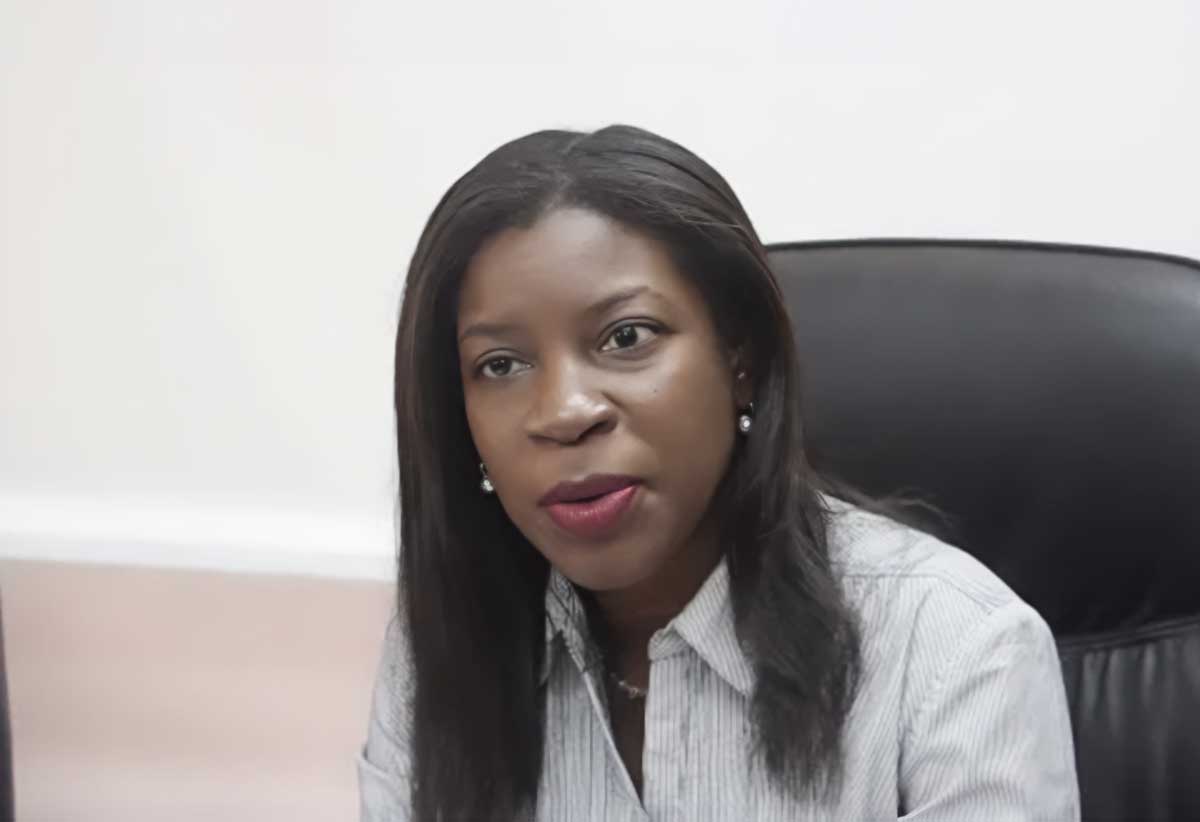
First responders throughout the island recently participated in a training session underscoring the importance of sexual assault evidence and how it should be dealt with.
According to Fernanda Henry, Director of Forensic Science Services at the Saint Lucia Forensic Science Laboratory, the session which is done annually, is critical, as it can lead to individuals being prosecuted.
Moreover, she noted, “we wanted to… make sure practitioners understood… each part of the (evidence collection) kit” as well as the significance of medical reports.
“We started out with the psychology of rape… from the biological aspect; how it influences memory and the evidence collection process. It was important for healthcare practitioners to understand that so that they understand the individual that they are working with,” Henry said in an interview with THE VOICE.
“It was both practical (and theoretical) in terms of evidence collection, ensuring that… the quality is improved,” she said, noting that focus was also placed on the quality of the reports so that reports are not misleading and prejudiced “to improve prosecution.”
“It’s important to keep training them each year; we’ve recognized that there can be improvement,” Henry said.
The training which was facilitated by Dr. Rhonda Hutson (from The University Hospital of the West Indies, Mona Campus) was well-received by participants.
On the final day, said Henry, “we had lawyers and judges; we tried to cover the entire range of individuals involved in the process. We trained about 15 members of the Royal Saint Lucia Police Force to make sure they were investigating properly.”
Henry noted that science plays a significant role in prosecution “and there are statistics to demonstrate that. Where there is scientific evidence you have (an) increase in prosecution rates… then you have documentation. Documentation is important because the court gets to see from the doctor’s perspective what was observed so that has to be done properly.”
“We want the public to know that the science works and we want to encourage sexual assault survivors or domestic violence survivors… to consent to the sexual assault examinations to assist in the prosecution of their matter.
From our perspective once the kit is collected there is a time frame of about seven days that potentially there can be quality scientific evidence that can lend itself to prosecution. We want them to know that the laboratory conducts this kind of analysis on their behalf and our success rate with sexual assault has been high,” Henry said.
The training session was held at the Forensic Laboratory (and also in the south of the island) from January 8-12.





